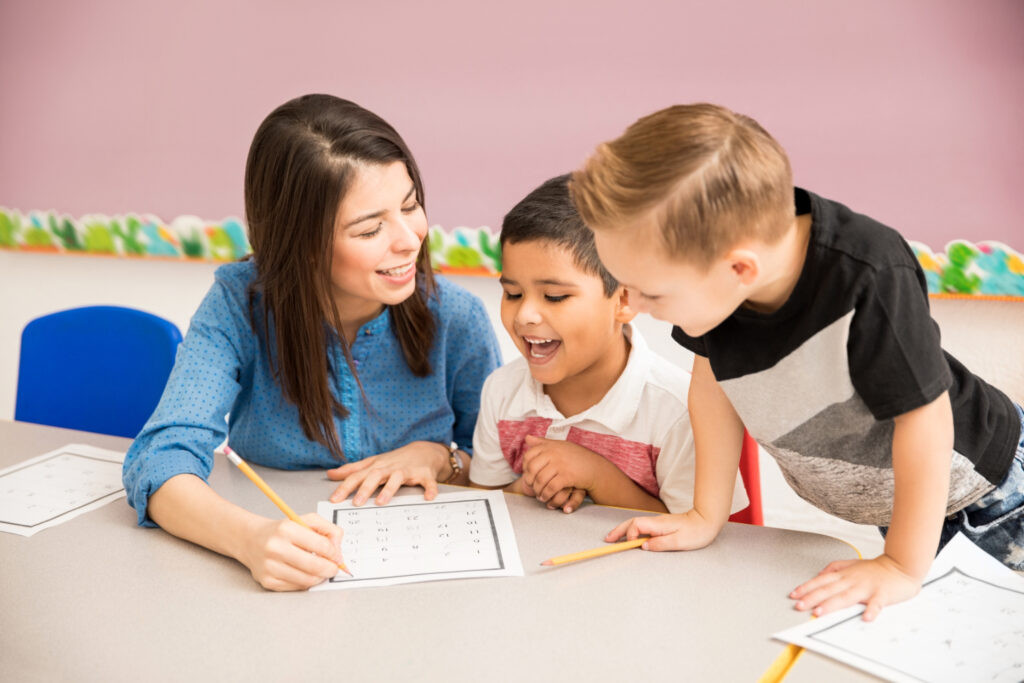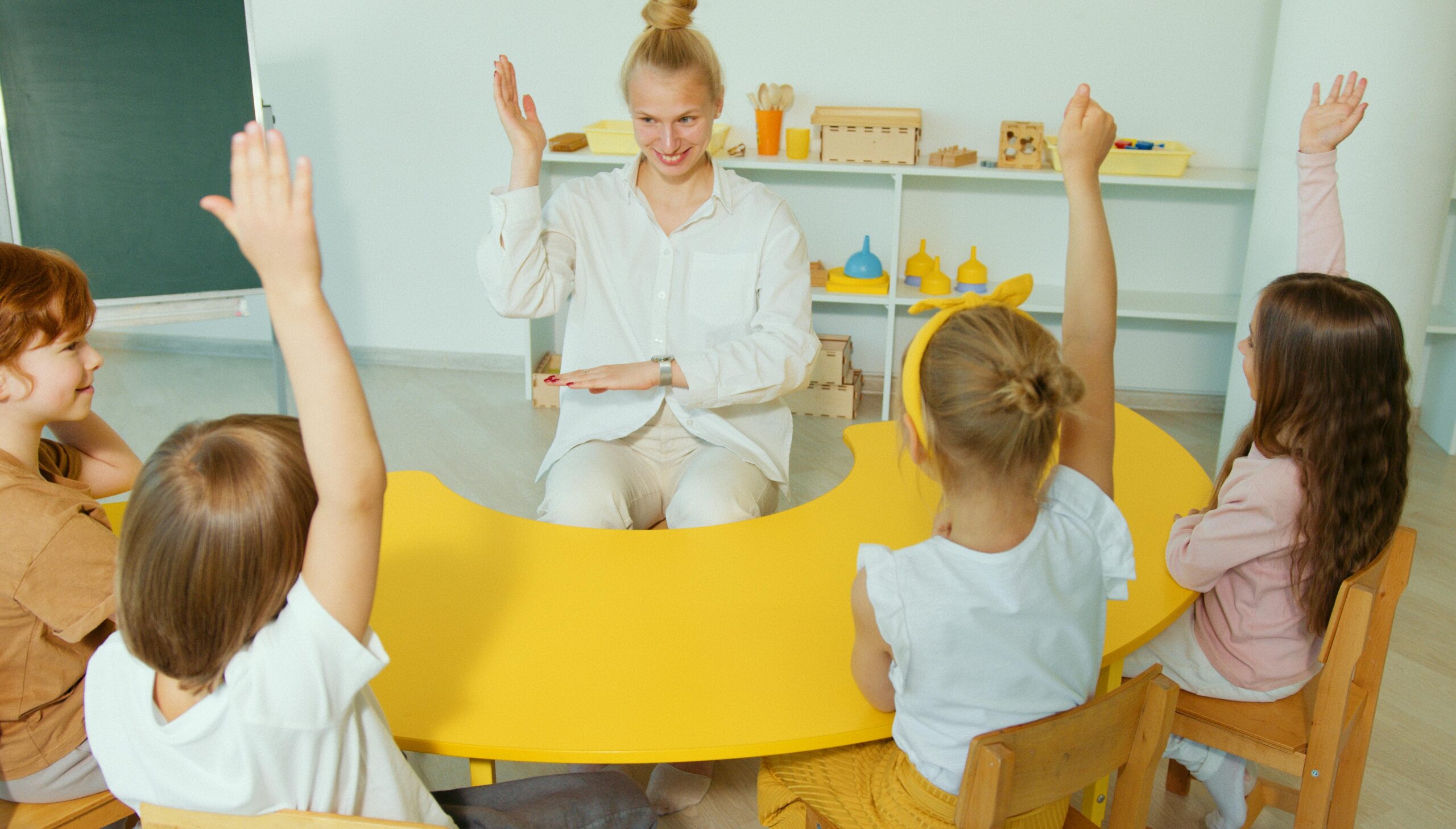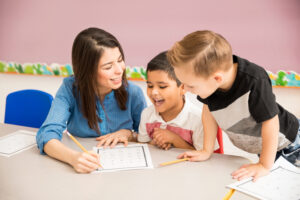The Parenting & Family Blog

The Best Ways to Teach Kids Responsibility and Independence
Raising responsible children is key to good parenting. This topic matters to parents all over the UK. In a world that values independence, it’s vital to teach children how to be self-reliant. It gives them skills to face life’s challenges and readies them for adulthood. This blog looks at the best ways to teach kids responsibility and independence. It covers practical methods, suitable chores for different ages, and expert advice. Building these skills early shapes a child’s character. It also lays the groundwork for a successful and independent future. When parents give kids responsibility, they help them grow. They learn resilience, solve problems, and become accountable. These skills will benefit them for life.
Why Raising Responsible Children Matters

The Importance of Responsibility
Teaching responsibility is an important life skill of parenting. It helps children learn to be accountable and reliable. It builds trust and respect in personal and professional relationships. When kids learn responsibility, they can face challenges better. They also make smarter choices and help society in positive ways. Responsible kids are more likely to become self-sufficient adults. They can manage their lives well.
Fostering Independence in Kids
Independence connects to responsibility. It helps children manage their actions and choices. Parents can help children be independent. This lets kids explore their interests, solve problems, and grow their confidence. This independence is key for their growth. It helps them learn from mistakes and adapt to new situations.
In the UK, education systems and social expectations are changing fast. So, teaching kids to be independent is more important than ever. It helps them succeed in a tough environment and gives them the strength to tackle future challenges.
Step-by-Step Guide to Raising Responsible Children

Step 1: Set Clear Expectations
To raise responsible children, set clear expectations early on. Communicate what is expected of them in terms of behaviour, chores, and responsibilities. Use simple language and ensure that your expectations are age-appropriate.
You can impose low expectations for a five-year-old. This could include putting away toys after playing with them or helping to set the table for meals. For older children, responsibilities could be completing homework in a timely manner or assisting in household chores. When children know what’s expected of them, they tend to take ownership of their behaviour.
Step 2: Encourage Decision-Making
Encouraging children to make decisions is a powerful way to foster independence. Let them choose their activities, clothes, or meals, but keep it reasonable. This practice shows them what can happen from their choices and boosts their confidence.
Letting your child pick between two healthy snacks or choose a bedtime book gives them freedom. As they grow up, involve them in bigger choices. This could be planning a family trip or managing their pocket money. This gradual increase in decision-making responsibility strengthens their independence and problem-solving skills.
Step 3: Assign Age-Appropriate Chores
Chores are an excellent way to teach responsibility and independence. Give your child age-appropriate tasks. As they get older, make these tasks a bit harder. This approach helps children build important life skills. It also makes them feel they contribute to the family.
Younger children can do simple chores like picking up toys, feeding pets, or dusting low surfaces. As children get older, they can handle more tasks. These include washing dishes, vacuuming, and managing their laundry. Older teenagers can handle tasks like cooking basic meals or mowing the lawn. As children do tougher chores, they learn new skills and become more independent.
Step 4: Provide Positive Reinforcement
Positive reinforcement is a powerful motivator for children. Praise their efforts and achievements, and offer rewards for consistently meeting responsibilities. This encouragement reinforces positive behaviour and motivates children to continue being responsible.
For instance, telling your child they did well, giving them a small treat, or letting them play longer can increase their motivation. Making a reward chart can be helpful. It lets children see their progress and feel proud of what they achieve. Consistent positive reinforcement helps kids link responsibility to good results. This makes them more likely to accept it happily.
Step 5: Model Responsible Behaviour
Children often learn by observing their parents. Modelling responsible behaviour is a key part of teaching children to be accountable. Be responsible by keeping your promises, being on time, and owning your actions daily.
When you show your child how to manage chores, keep appointments, and handle work tasks, they get a clear example to follow. Discuss the importance of your actions and explain how they contribute to a well-organised life. When children see responsible behaviour up close, they are more likely to follow it.
Additional Expert Tips & Common Mistakes to Avoid

Expert Tips
Encouraging problem-solving is an effective way to promote independence. When children encounter challenges, resist the urge to immediately offer solutions. Encourage them to think critically and find solutions on their own. This fosters resilience and equips them with essential problem-solving skills.
Fostering open communication is equally important. Keep talking openly with your child. Encourage them to share their thoughts and feelings. Listening closely and validating their feelings helps strengthen your bond. It also creates a safe space for them to take on responsibilities and make decisions.
Common Mistakes to Avoid
One of the most common mistakes parents make is overprotecting their children. It’s normal to want to protect your child from challenges. However, being too protective can stop them from becoming independent. Letting them make mistakes and learn is key to building responsibility.
Inconsistent expectations can also undermine the development of responsibility. When rules and consequences aren’t consistent, children can get confused. They may not take their responsibilities seriously. Both parents and caregivers should stick to the same guidelines. This helps create clear and consistent expectations.
Advanced Insights & Expert Recommendations
Building Emotional Intelligence
Emotional intelligence is a key component of responsibility and independence. Help children learn to recognise and manage their feelings. Teach them to empathise with others and communicate well. These skills enhance their ability to navigate social interactions and build strong relationships. When children grow their emotional intelligence, they can manage conflicts better. They also make responsible choices and form strong connections.
Encouraging Financial Literacy
Financial literacy is an essential skill for independence. Teach kids the basics of money management. Focus on saving, budgeting, and smart spending. Use real-life examples like managing pocket money or saving for something you want to show these ideas. Financial literacy helps kids be responsible and get ready for financial independence later.
Promoting Self-Reflection
Encourage children to reflect on their actions and experiences. Self-reflection helps them see their strengths and where they can improve. This builds personal growth and responsibility. Talking about their choices and outcomes helps them learn from their experiences. This way, they can make better decisions in the future.
The Best Ways to Teach Kids Responsibility and Independence
Raising responsible kids and encouraging independence are key parts of parenting. They need patience, consistency, and hard work. Parents can help their children thrive in a changing world. They can do this by setting clear expectations. They should encourage decision-making and give age-appropriate chores. Modelling responsible behaviour is key. Also, give positive reinforcement. Avoid common pitfalls that can slow a child’s development.
As you embark on this journey, consider how you can further support your child’s growth. Think about what new tasks you can add. Also, find ways to help them be more independent in their daily lives. Being consistent, empathetic, and encouraging can help your children become confident and self-reliant. They will be ready to face the world with resilience and responsibility.









